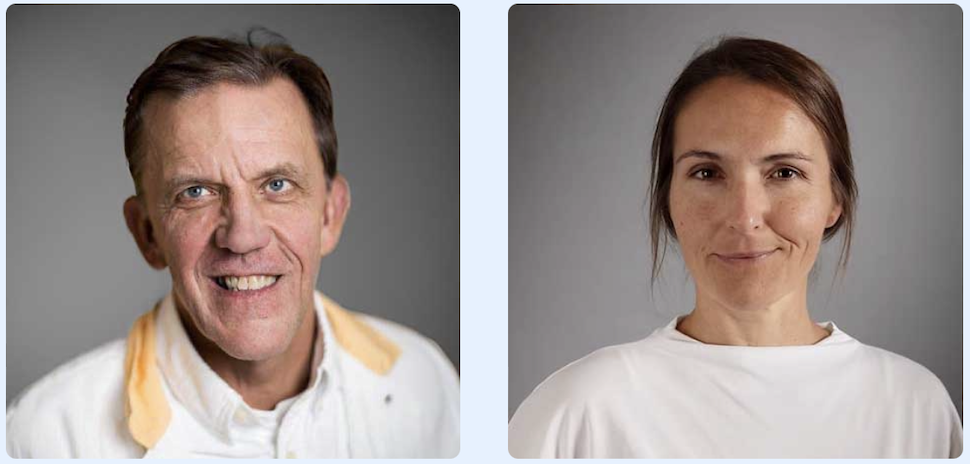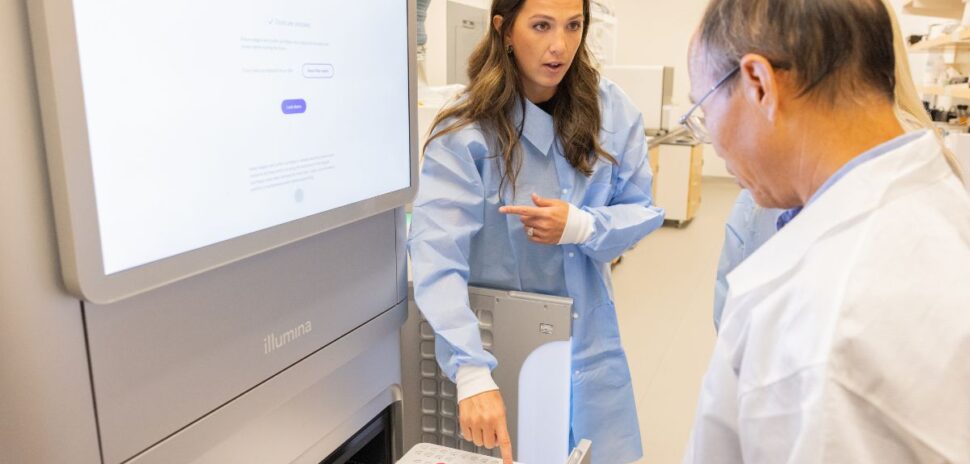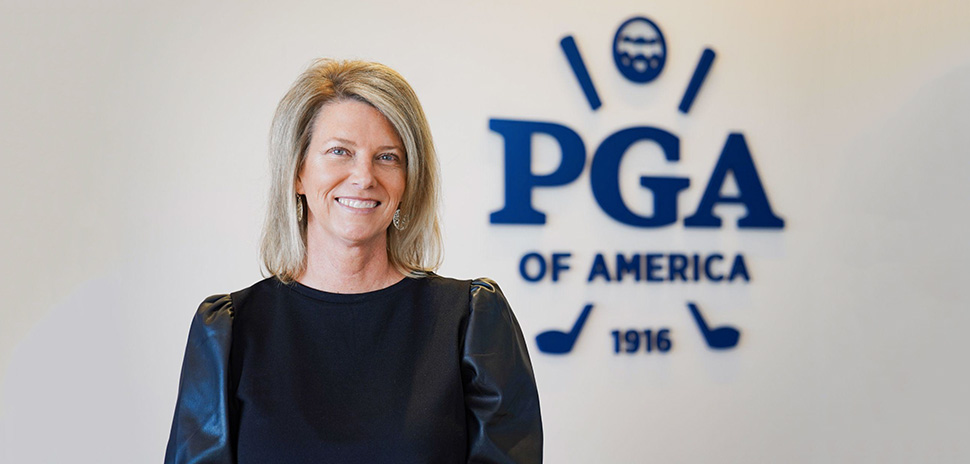The Fort Worth-based Rainwater Charitable Foundation, in collaboration with the Aging Mind Foundation, the Alzheimer’s Association, and CurePSP, has announced $2.5 million in grants to fund five innovative research projects over the next two years emerging from the second annual Tauopathy Challenge Workshop.
“We’re encouraged to see growing momentum around the Tauopathy Challenge Workshop, with partners such as the Aging Mind Foundation, the Alzheimer’s Association, and CurePSP joining our mission to support these novel, high impact proposals,” Jeremy Smith, president of the Rainwater Charitable Foundation, said in a statement. “Given the current constraints on research funding, our commitment remains steadfast in advancing primary tauopathy research. The insights gained from this workshop have the potential to significantly impact broader neurodegenerative disease research, bringing us closer to meaningful treatments for those affected.”
The foundation is one of the largest independent funders of primary tauopathy research.
The foundation said that the Tauopathy Challenge Workshop is a funding program that convenes interdisciplinary experts around a single topic: addressing unmet needs in primary tauopathies. It said that by funding innovative research, it aims to support the development of treatments for these debilitating neurodegenerative diseases, such as Progressive Supranuclear Palsy (PSP), Corticobasal Degeneration (CBD), and Frontotemporal Dementias (FTDs).
According to the foundation the Tauopathy Challenge Workshop has grown in size and impact since its inception in 2023 and has awarded $4.5 million to support novel, mechanism-focused research aimed at uncovering new therapeutic and biomarker targets for these tau-driven neurodegenerative diseases.
Tauopathy Challenge Workshop winners
Five groundbreaking projects will be funded this year and led by esteemed international researchers:
:: Eleanor Drummond, PhD, University of Sydney (Awarded $500,000): This research aims to uncover how abnormal protein aggregation beyond tau contributes to primary tauopathies, specifically PSP, CBD, and Pick’s disease. Using advanced molecular techniques, Dr. Drummond will identify proteins in the human brain prone to forming pathological aggregates and determine whether these changes are shared across different tauopathies. By mapping the location of these proteins in brain tissue and testing whether tau drives their aggregation, the study seeks to clarify disease mechanisms, identify biomarkers, and explore whether these processes can be reversed in cell models—ultimately guiding future therapeutic strategies.
:: Leonard Petrucelli, PhD, Mayo Clinic (Awarded $500,000): This research explores whether lysosomal transmembrane protein 106B (TMEM106B) fibrils promote tau seeding and worsen PSP symptoms, by analyzing post-mortem brain samples and assessing correlations between protein levels, genetic variants, and disease severity. Using innovative tools in human neurons and mouse models, Dr. Petrucelli and his co-investigator, Dr. Michael Ward (National Institutes of Health), will test whether TMEM106B fibrils directly influence tau pathology and lysosomal dysfunction, potentially uncovering new mechanisms and therapeutic targets for PSP.
:: Vijay Rangachari, PhD, The University of Southern Mississippi (Awarded $500,000): This research examines the potential interaction between two amyloid-forming proteins—transactive response DNA binding protein 43 kDa (TDP-43) and tau—in neurodegenerative diseases such as PSP and frontotemporal lobar degeneration (FTLD). While both proteins are known to independently form toxic aggregates, the work explores whether they can co-aggregate into “hybrid amyloids” with unique structures and pathological effects. Dr. Rangachari aims to confirm the presence of these deposits in human brain tissue, understand their molecular characteristics, and assess their role in neuronal dysfunction—with the hope of developing antibodies to detect these toxic agents in the brain.
:: Wilfried Rossoll, PhD, Mayo Clinic (Awarded $500,000): This research aims to uncover how TDP-43 co-pathology influences tau pathology and contributes to neurodegeneration in PSP and CBD. By leveraging both innovative spatial proteomics discovery approaches in human post-mortem brain tissue and mechanistic studies in mouse brain tissue culture models, Dr. Rossoll will explore how these proteins interact and affect overall disease progression. Insights gained will pave the way for stronger tools for studying neurodegenerative disorders and developing effective treatments.
:: Mikael Simons, MD, Deutsches Zentrum für Neurodegenerative Erkrankungen, DZNE (German Center for Neurodegenerative Diseases) (Awarded $500,000): This research investigates how non-neuronal cells, particularly glial cells like oligodendrocytes, and factors such as myelin damage and lipoproteins (particularly ApoE), contribute to tau aggregation and propagation. Using advanced imaging, biochemical assays, and both mouse models and human brain tissue, Dr. Simons aims to uncover whether disruptions in myelin and lipid transport systems play a critical role in tau pathology. The goal is to deepen understanding of tau-related disorders and identify potential therapeutic targets.
Next round of funding
The 2026 Tauopathy Challenge Workshop is open to all researchers via a letter of intent process, with applications for the next workshop open through Sept. 2. According to the foundation, the 2026 session is focused on exploring the structural and thermodynamic properties of tau and its interactions with other pathologies.
Winners will collectively receive more than $2 million to fund their proposed neurodegenerative research, the foundation said.
More on the supporting organizations
The Rainwater Charitable Foundation (RCF) was created in the early 1990s by noted private equity investor and philanthropist Richard E. Rainwater.
When Rainwater was diagnosed with a rare neurodegenerative disease and primary tauopathy called Progressive Supranuclear Palsy (PSP), the RCF expanded its mission to accelerate the development of new diagnostics and treatments for tau-related neurodegenerative disorders, the foundation said. The RCF Medical Research Team supports that focus by managing the Tau Consortium, the Rainwater Prize Program, and the Tauopathy Challenge Workshop.
The foundation said that with more than $140 million invested in medical research to date, the RCF has helped to advance eight treatments into human trials. Currently the RCF said it supports a range of programs, including a focus on family economic security, medical research, and other worthy causes.
The Aging Mind Foundation (AMF) raises money to fund scientific research that seeks the causes of Alzheimer’s disease and other types of dementia.
The Alzheimer’s Association is a worldwide voluntary health organization dedicated to Alzheimer’s care, support, and research. The organization’s mission is to lead the way to end Alzheimer’s and all other dementia by accelerating global research, driving risk reduction and early detection, and maximizing quality care and support.
CurePSP is a nonprofit organization dedicated to the awareness, care, and cure for three neurodegenerative diseases: progressive supranuclear palsy (PSP), corticobasal degeneration (CBD), and multiple system atrophy (MSA).
Don’t miss what’s next. Subscribe to Dallas Innovates.
Track Dallas-Fort Worth’s business and innovation landscape with our curated news in your inbox Tuesday-Thursday.
R E A D N E X T
-

The foundation’s annual Rainwater Prizes honor researchers worldwide who are advancing discoveries for diseases caused by tau protein accumulations in the brain. This year’s winners include a professor at the University of Gothenburg in Sweden and an Early-Career Scientist honoree at Brown University.
-
Funding 25 projects across 17 institutions, the Dallas-founded nonprofit is prioritizing metastatic disease, precision medicine, and closing care gaps.
-

University of Texas at Arlington reported its projects contributed $59 million to the national economy last year, an increase of 39% from 2023, according to a new report from the Institute for Research on Innovation and Science (IRIS).
-

As executive director, Jenny Lewis is the top management leader of the Frisco-based foundation, whose mission is to positively impact the lives of youth, military veterans, and diverse populations by enabling access to PGA of America Golf Professionals, PGA Sections, and the game of golf.
-

The collaboration could have a big payback for high school students aiming for a high-tech future. The foundation and Codecademy aim to supply educational tools, resources, and bootcamps to develop essential technology, AI, and coding skills for the future.
